

This is my analysis of it, and I call myself Marxist. I’ve never seen a Marxist author delve into this subject specifically.
Antinatalism, as I understand, is an ethical imperative with an argument that goes like, “capitalism is a monstrous system, and I wouldn’t want to bring another human to this planet to suffer”. I will assume this is antinatalism in the context you brought.
First, suffering cannot be avoided. All humans, hell, all beings suffer. For one reason or another. Suffering is a part of living. But it’s not the only part. I feel antinatalists are nihilists out of touch with the beauty of life. Even in the most extreme circumstances humans face, there is still something to live for. Slaves can love one another, have admiration, respect, companionship or friendships with their fellow enslaved, shared hope for liberty, etc. Even under extreme examples of suffering, you can find something in life that is a valuable experience.
Second, having more kids, having less kids, having no kids, it makes no difference in the outcome of things. While a single antinatalist proclaims moral superiority because they don’t have children, millions of people are constantly having children daily anyways. Our social system will continue reproducing the capitalist mode of production irrespective of your choice of having children.
Honestly, if you are
- able to sustain yourself and a partner economically, and even better if the partner also contributes too,
- able to dedicate a larger part of your time on the life of a child than your own
- able to handle your own frustrations and the frustration of others
then you should have children in my opinion. Or adopt children, if that’s not possible. I’m the opposite of antinatalist. Because your children will have a much better education with parents who study Marxism and are sensible to exploitation, to the struggles of the working class and the contradictions of the capitalist system. It’s quite obvious, if communists have more children, they will tend to have a larger generation of people educated as communists. The trouble is trying to handle being a worker/small owner, a mother and a party militant, unless all those aspects of your life were a single thing. Like Black Panther Party militant mothers.
In some instances, like in the cases of an ethnically persecuted population, having more children is actually a reasonable form of resistance.



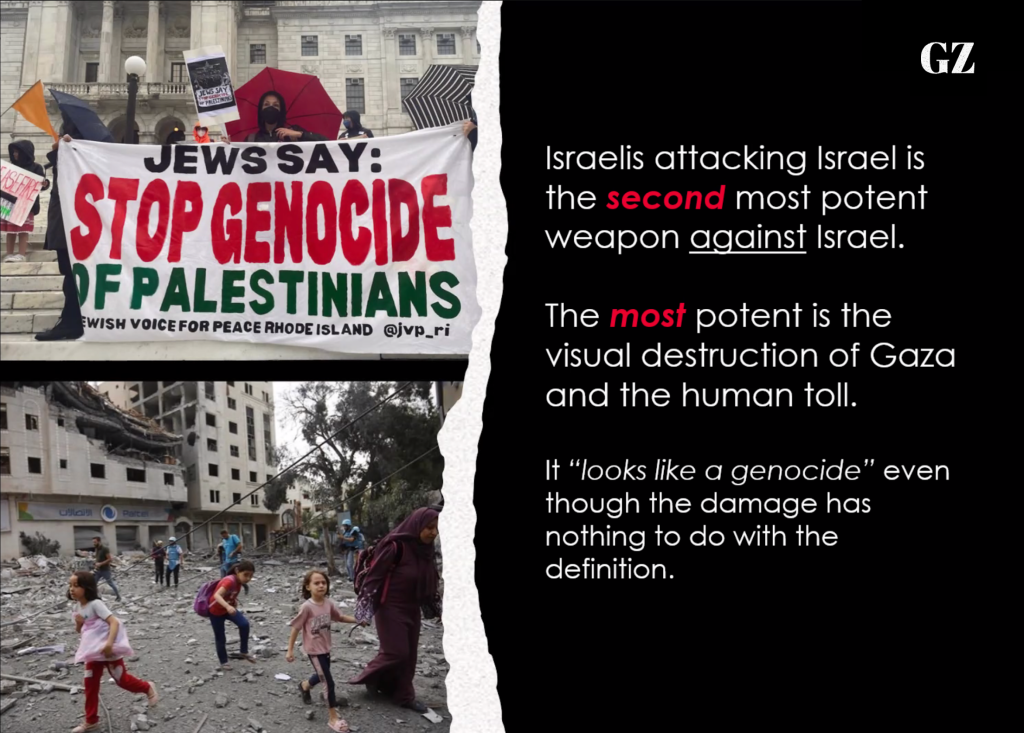




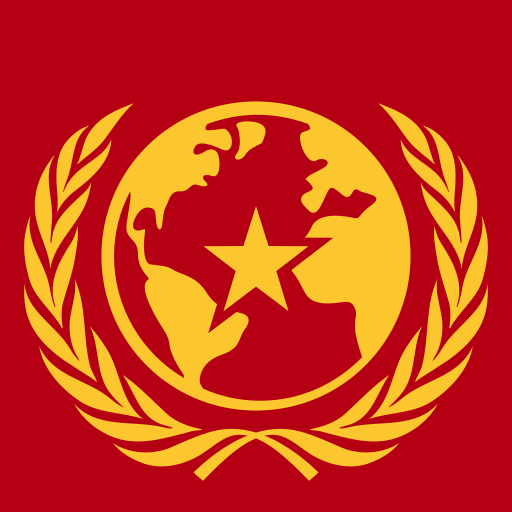



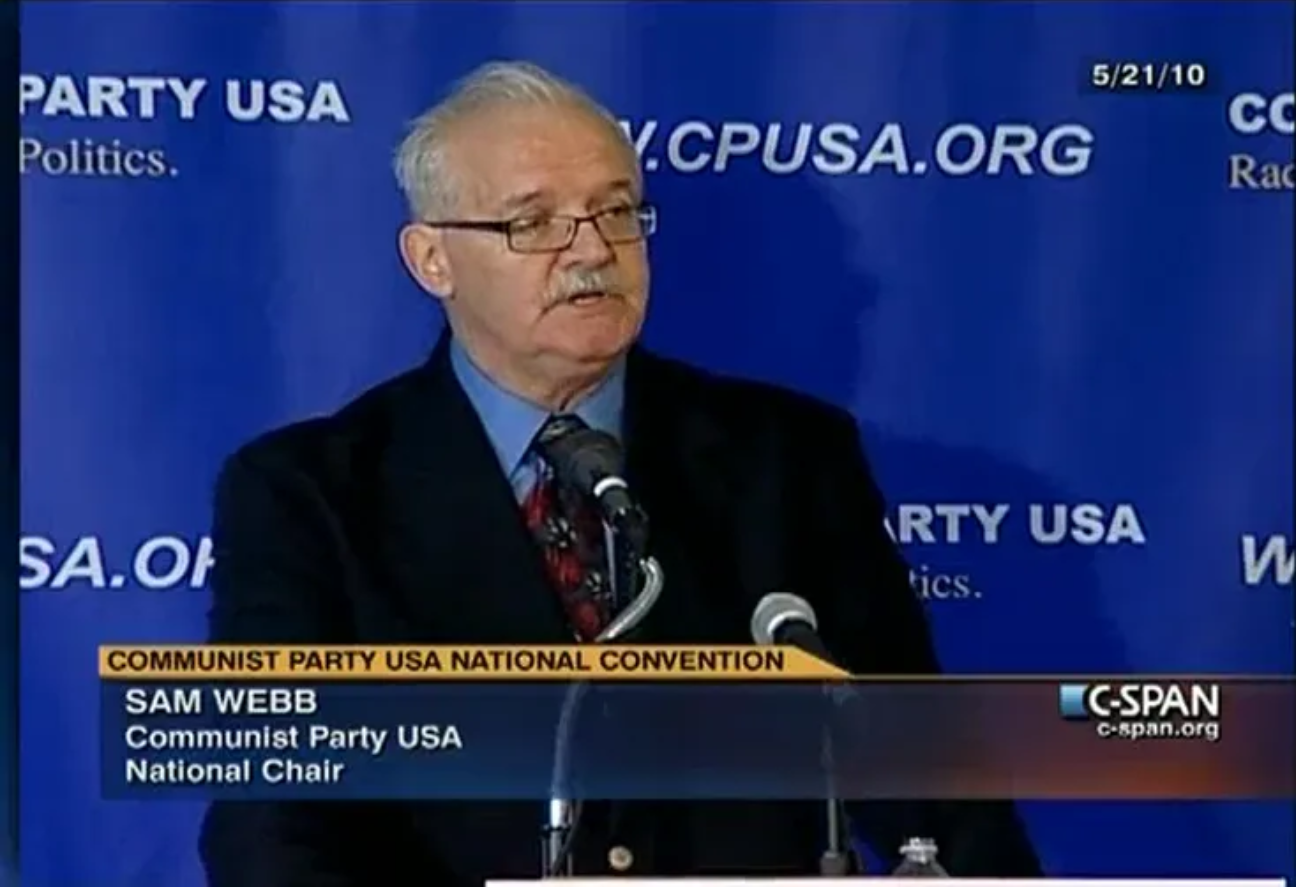

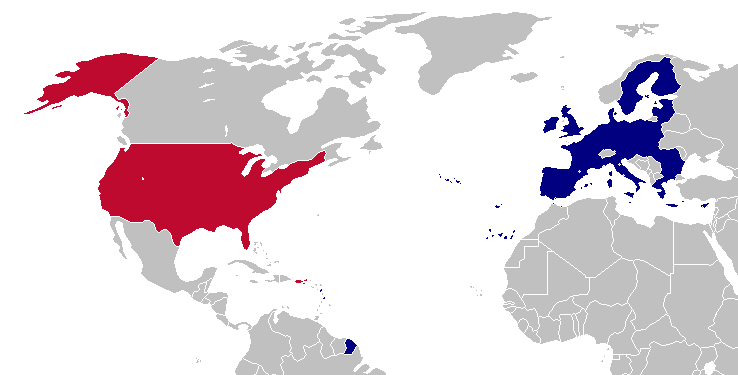



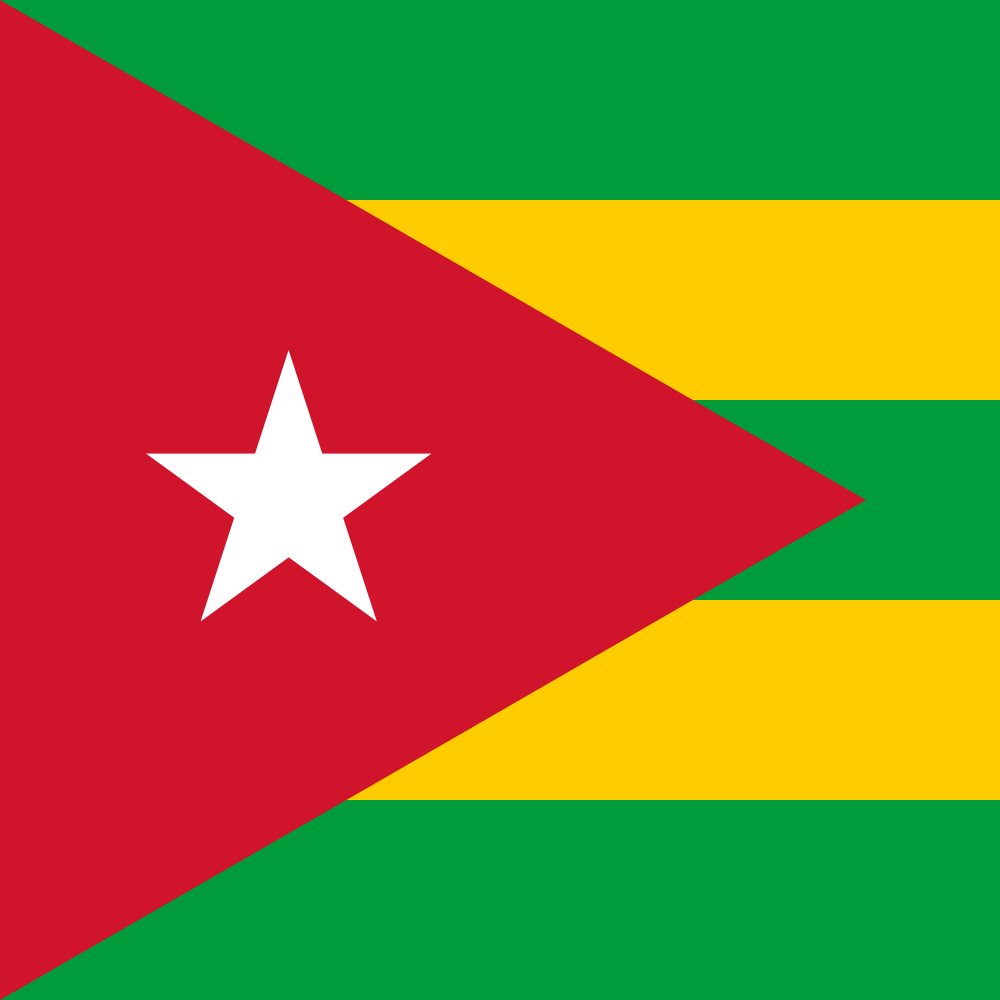
I never read it, but how about Inventing Reality by Parenti?